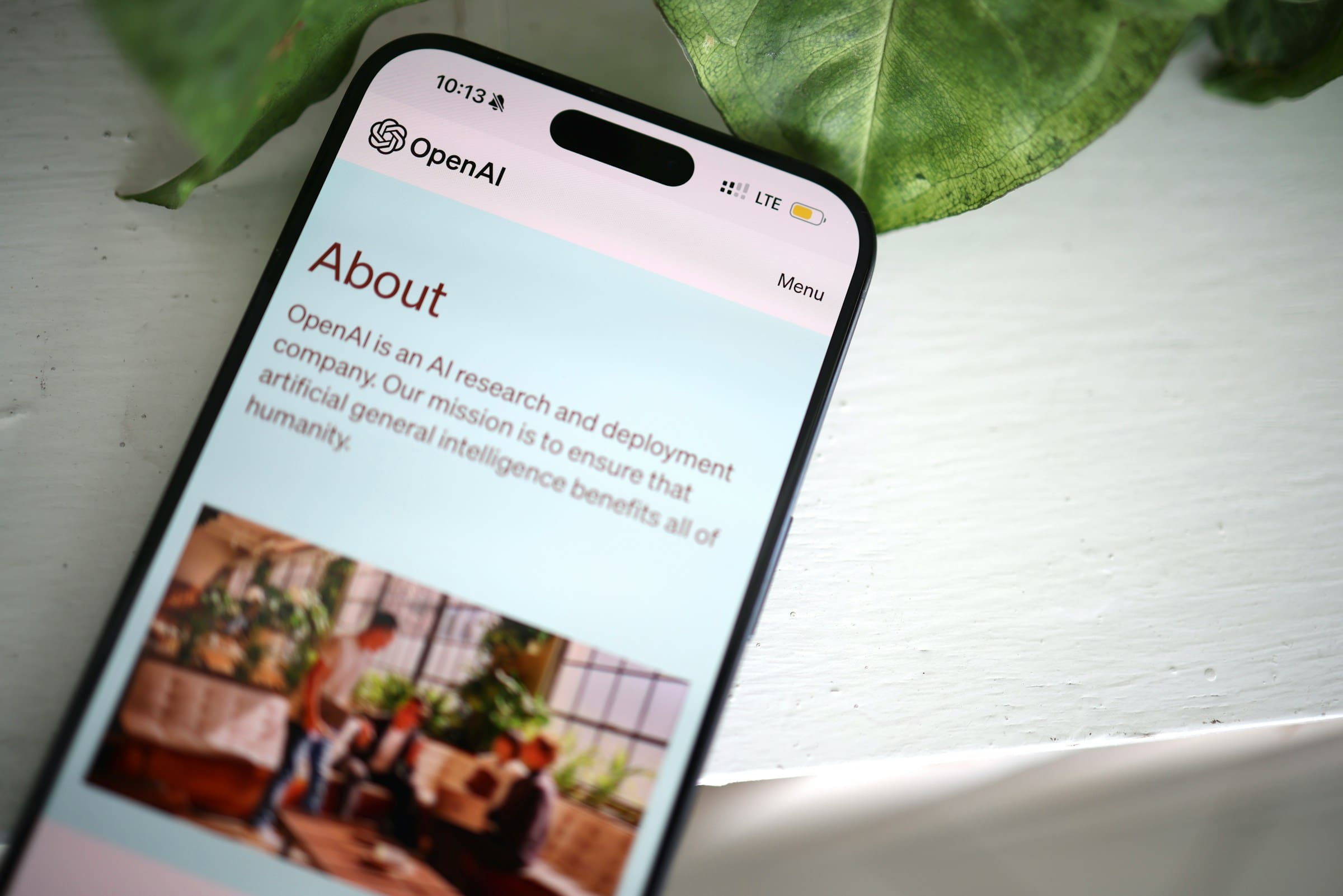In-Short
- OpenAI opposes California’s AI safety bill, SB 1047, fearing it will stifle innovation.
- SB 1047 aims to set safety standards for AI development, but tech leaders see it as overreaching.
- Amendments to the bill remove criminal liability and aim to protect smaller developers.
- The California state assembly will vote on the bill, with Governor Newsom’s stance still unclear.
Summary of the Article
OpenAI has joined the tech community in opposing California’s proposed AI safety bill, SB 1047, which they believe could harm innovation and U.S. competitiveness. The bill, introduced by Senator Scott Wiener, seeks to implement safety standards for large AI models, including shut-down mechanisms and compliance statements. However, OpenAI and others argue that this could drive AI talent away from California.
Supporters of the bill, like Lieutenant General John Shanahan and Hon. Andrew C. Weber, emphasize the national security benefits of the bill, highlighting the need for cybersecurity measures in AI development. Despite this, the tech industry fears that the bill’s requirements, such as submitting model details to the government, could hinder innovation and discourage new startups, particularly smaller, open-source developers.
In response to the backlash, Senator Wiener has amended the bill to address some of these concerns, including removing criminal liability for non-compliance. He remains skeptical about federal action on AI regulation, drawing parallels to California’s data privacy law, which was passed in the absence of federal legislation.
The fate of SB 1047 now rests with the California state assembly, which will vote on the bill soon. Governor Gavin Newsom’s position is not yet known, but he has acknowledged the importance of balancing AI innovation with risk management.
Further Reading
For more detailed insights on the debate surrounding California’s AI safety bill, SB 1047, and its potential impact on innovation and national security, please visit the original source.










